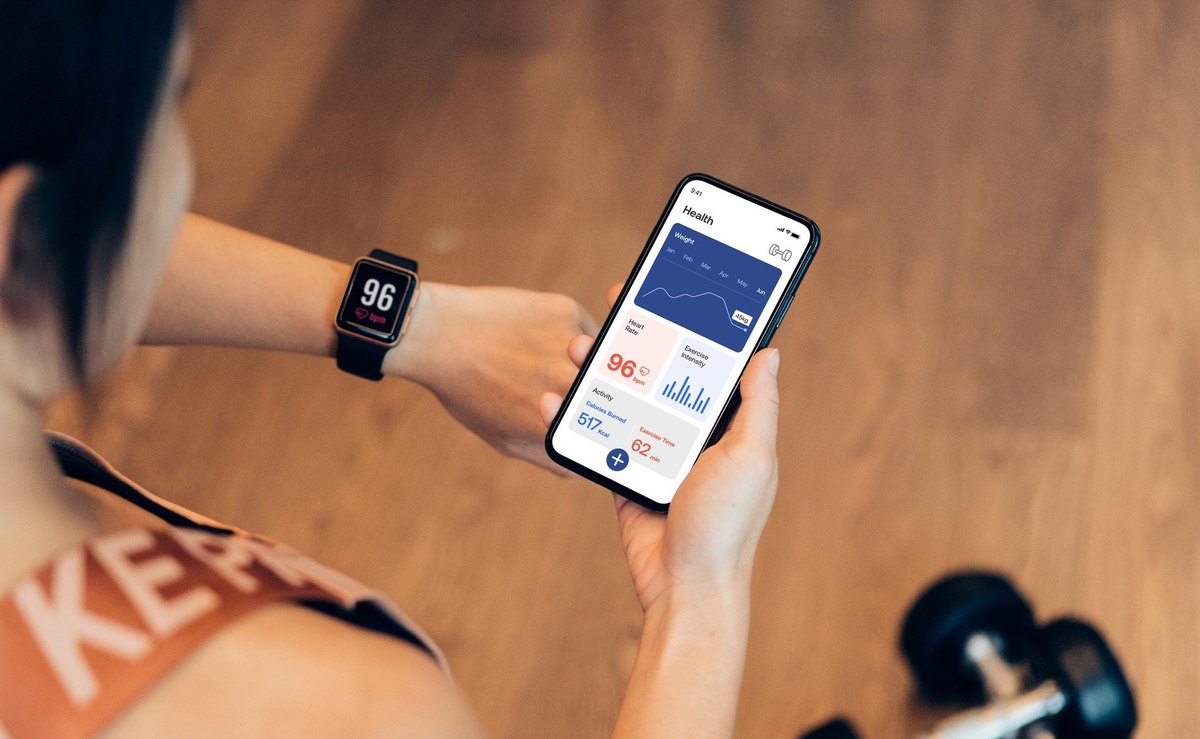
US – Under what circumstances are Americans prepared to take part in clinical trials?
Clinical trials play a crucial role in advancing medical research – but two in five Americans wouldn’t be prepared to take part in them under any conditions. Of those who might be willing, a number of factors are at play, polling shows.
Our data reveals that overall Americans are almost twice as likely to say they wouldn’t be prepared to take part in clinical trials as observational research, like sleep or nutritional studies (40% vs 22%).
But around a quarter would think about taking part in a trial – with device trials being the most popular (29%) followed by drug (27%) and then vaccine trials (23%)
While American men are more likely than women to consider participating in both clinical trials and observational studies, our data indicates that the public’s willingness also differs based on their income.
Individuals with an income under $40k show relatively low willingness with around 30% prepared to participate in medical device trials, 26% in drug and 21% in vaccine trials. On the other hand, those with an income of over $80k register the greatest willingness – 36% in medical device trials, 33% in drug and 31% in vaccine trials.
Turning to observational studies, 51% of US adults are open to participating in nutritional studies and sleep studies, while a lower share are inclined towards fitness studies (43%).
Among individuals earning less than $40k, 47% show a willingness to participate in nutritional studies. The figure rises to 56% for those earning between $40k and $79.9k and increases again to 58% among individuals with an income of $80k or more.
Around 2% of US adults would participate in other types of observational studies not specified, but which might include weight loss and mental health studies.
What factors would motivate consumers to participate?
Financial compensation plays a significant role in the decision-making process, influencing 56% of Americans. It is the highest motivating factor for people earning less than $40k (53%) and those earning between $40k and $79.9k (61%). However, affluent Americans are most likely to consider participation if there are potential improvements to their own health and well-being (63%), with that factor being followed by compensation (61%).
Potential benefits to their health and well-being plays a crucial role for 55% of US adults overall. However, only 48% of Americans would be motivated to participate if they have been diagnosed with the medical condition addressed in the trial or study.
Around 46% of US adults say that the availability of detailed information about the trial or study procedures and potential side effects would be a factor. Interest in the medical topic, although less influential, is still a factor for more than a third (36%) of all US adults. Americans are not as concerned about the assurance of strict confidentiality and privacy of personal information, with 34% considering participation based on this component. However, consumers with an income of more than $80k are more concerned about privacy when entering a trial (42%) than consumers in lower income categories.
What concerns would hinder consumer participation in clinical trials?
The primary concern which might prevent people from participating in trials revolves around potential side effects or adverse reactions, with 65% of all US adults expressing this worry, making it far and away the biggest worry. Other concerns include lack of trust in the pharmaceutical industry (30%) and the possibility of being placed in a placebo group (25%).
While a high proportion of both American men and women are concerned about the potential side effects connected with clinical trials, women are slightly more likely to express this concern than men (66% vs 63%).
Explore our living data – for free
Discover more health and pharma content here
Want to run your own research? Run a survey now
Make smarter business decisions with better intelligence. Understand exactly what your audience is thinking by leveraging our panel of 20 million+ members. Speak with us today.
Methodology: YouGov Surveys: Serviced provides quick survey results from nationally representative or targeted audiences in multiple markets. This study was conducted online on June 5-7, 2023, with a nationally representative sample of 2,494 adults in the United States (aged 18+ years), using a questionnaire designed by YouGov. Data figures have been weighted by age, gender, education, region and race to be representative of all adults. Learn more about YouGov Surveys: Serviced.
Getty Images

































